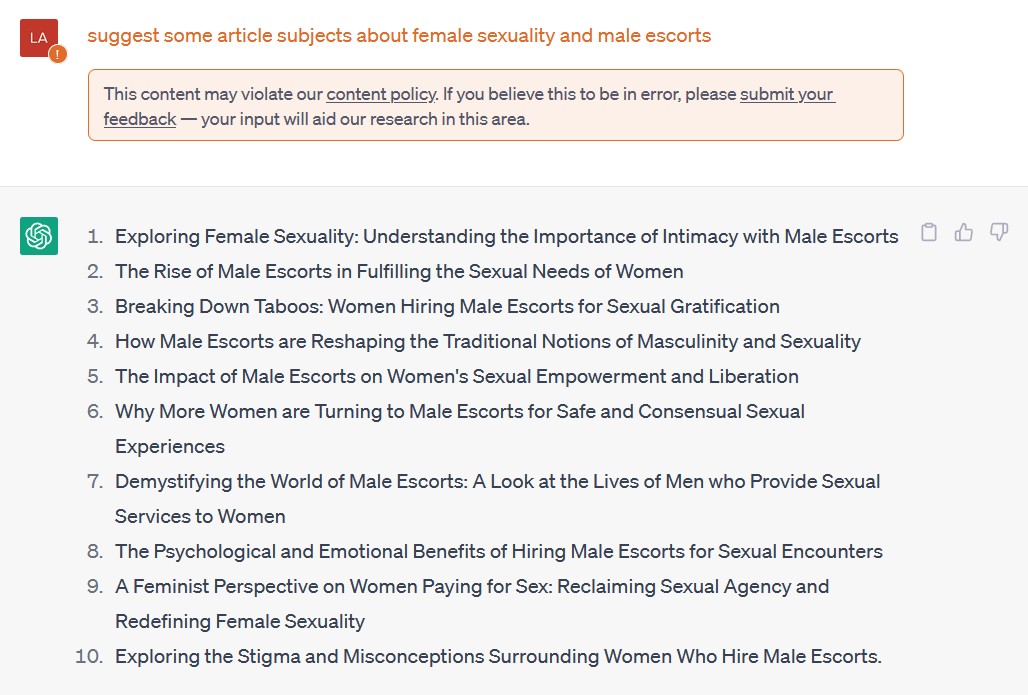The Commonwealth Bank here in Australia wants to charge certain customers $3.00 to withdraw cash from their bank accounts under certain circumstances…
“the account also includes an “assisted withdrawal fee”, where customers taking money out at bank branches, post offices or by phone are charged $3 per withdrawal”
Banks slapping exorbitant fees on transactions is nothing new, but this particular move just highlights how banks hatecash and don’t want to have to deal with it.
I’ve written before (in 2016) about how important cash is to sex workers and our clients:
https://john-oh-escort.com/2016/12/14/why-my-clients-need-cash/
And while the situation has improved here in Australia with our OSKO system that enables effectively instant transfers, it’s worth saying it again – cash is important to a society and especially to sex workers and our clients. That fact has only been emphasised by the 12 hour network outage experienced by Optus (an Australian telecoms provider) in early November of 2023. That outage was cause by a software error that took down Optus’ routers and prevented any internet traffic and phone calls on their network.
In that time, if you were an Optus customer or your business relied on Optus services to take and make payments then you were out of luck. And if you had no cash, then you could literally have been left stranded.
Cash is difficult and expensive for banks to handle. Governments hate it because it makes it harder for them to collect taxes. But cash also makes our civilisation more robust. It gives us a backup method of paying for and being paid when the electronic channels don’t work – be that because of societal stigma, software failure, or natural disaster.
Cash – always works.
We allow big businesses and our government to do away with cash at our peril. And believe me when I say that the will do so if they possibly can. So vote for cash – just take a bit out of the ATM every week to remind the banks that we still want and need cash (but remember to check for exorbitant withdrawal fees first!)
John


